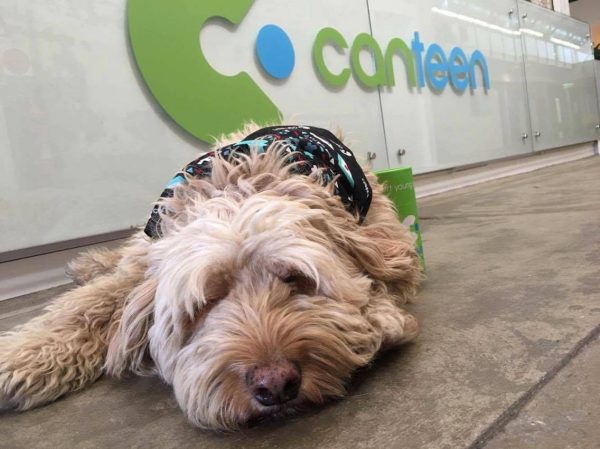I can understand why people believe that, as long as dogs are dying in pounds and shelters, it is immoral to buy a puppy that has been deliberately bred.
My mother (not a dog lover!) used to believe that, as long as people in the world were starving, it is immoral to feed dogs.
But just food not “wasted” feeding First World dogs isn’t automatically going to be sent to Third World countries, people who want a deliberately-bred puppy aren’t automatically going to take a dog from a pound or shelter.
‘Adopt not shop’ campaigners might dismiss these people as dog-snobs, who have ill-founded prejudices against all mixed-breed dogs. But when it comes to my owners, this obviously isn’t the case. It’s much more likely that they’re families, who are reluctant to bring a dog with unknown history into their family – knowing as they do that children under the age of five have the highest chance of being attacked.
In my view, these concerns are entirely justifiable. Obviously, there are a millions stories on the internet about shelter dogs who make great pets. And I don’t doubt them for a moment. But if studies suggest that even shelter dog who pass the behavioural tests may cause issues. For example US study, which followed up with 67 owners 13 months after they’ve adopted a shelter dogs, found that 40% reported aggressive behaviour – including lunging, growling, snapping and biting. When barking was included, the number of reported problems rose to almost 80%.
The reasons for these findings are obvious. Few shelter pups become available between 8-12 weeks of age, which is the critical period of socialisation. Dogs aren’t usually desexed at an early age, which I explain the importance of here. Also the breeds of dogs that turn up in shelters (the QLD study found that 20% were Staffies, 8% Cattle Dogs, 7% Kelpies and 7% Bull Arabs – both pure and cross-bred) also tend to correlate with the breeds responsible with violent attacks, such as those listed here. And despite what Mamamia will tell you, non shedding dogs are hypoallergenic and very few low-shedding suitable for people with allergies end up in shelter (none of the 11976 dogs in the QLD study had ‘poodle’ listed as their main breed).
Even if aggression or allergies aren’t an issue, a poorly socialised, anxious dog can make your life hell – particularly if you’re an inexperienced dog owner. It’s therefore highly likely that many of the buyers would choose not to have a dog at all, rather than adopt a shelter dog.
That choice doesn’t make them “bad” or uncaring people, it just means they don’t have the time and energy to care for a difficult dog. Often it’s because that time and energy is directed towards some other important social causes.
Take, for example, my daughter AJ. She’s a psychologist who works with victims of sexual violence. It’s a emotionally-draining job, and she wouldn’t be able to do it well if she had to come home to an animal who’s got health or behaviour issues. So it’s very fortunate that she comes home to Brown the Groodle – who is not only The World’s Most Affectionate Animal, but also a great listener:
Brown – who lives with my four daughters in their Glebe share house – greatly improves their lives, as well as the lives of all their friends (who fight over the opportunity to dog-sit when they’re away). He’s also a big hit at CANteen, and about to start his training as a DELTA therapy dog. His happy existence, which the result of careful breeding and socialisation, is not only not ‘killing shelter’s dogs chances’ – it’s actively making the world a much better place.



